- May 16, 2025
-
-
Loading

Loading
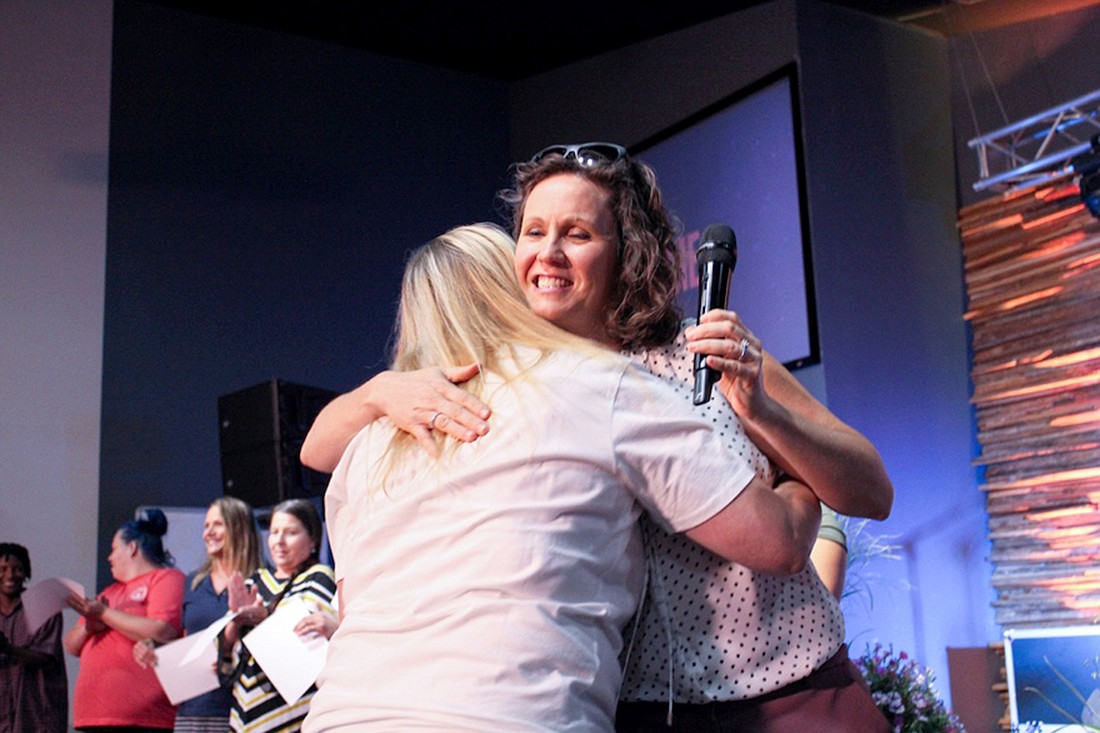
Americans have each other's backs.
It's an idea taken for granted, often forgotten until someone we know needs help. It is true, though, that at our lowest moments, someone will be there, willing to help.
The land of opportunity, which we celebrate again this July 4 holiday, can sometimes be defined as the opportunity to help someone else.
That could mean advancing someone's career, giving someone a place to stay, helping someone improve their communication abilities or just helping people feel better about themselves.
During this year's holiday celebration, we give a nod to these these organizations as an example of the many nonprofits that have come into being to give struggling people the opportunity to succeed.
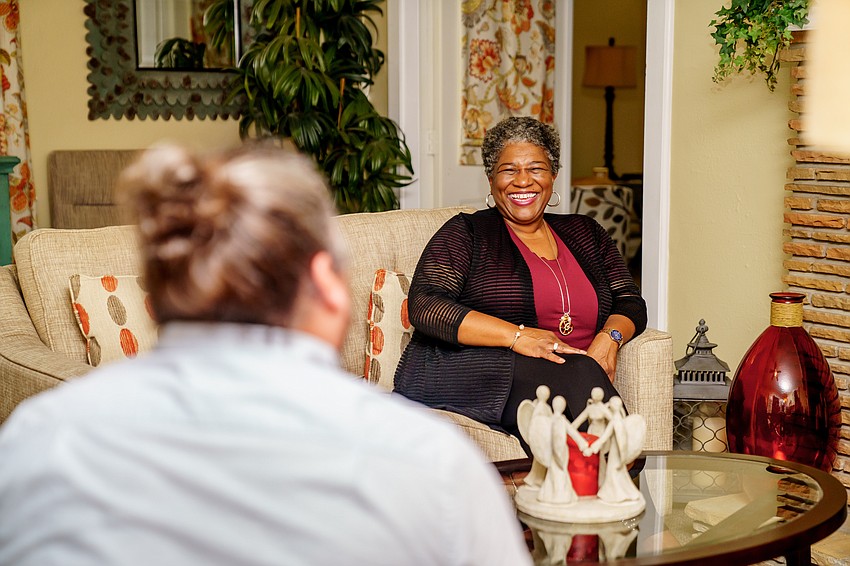
Founded: 1979
Mission: To engage, educate, enrich and empower women of all generations.
How it accomplishes its mission: Providing life skills training, career planning and educational scholarships in Manatee and Sarasota Counties.
Firsthand account: Six years ago, Adrianne Luetzow was referred to the Women’s Resource Center after she experienced a disturbance in her family’s home life.
Luetzow, 40, is a mother of five, and after suddenly finding herself alone, was in a difficult position. Her driver’s license was suspended, she said. She was having trouble paying bills. She had been out of the workforce as a stay-at-home mom for approximately a decade.
Working with Regina Morris, a WRC case manager, Luetzow started putting her life back together.
The WRC connected her with a pro bono attorney who had her license cleared, she was enrolled in financial literacy classes, and volunteers helped polish her work resume.
From there, Luetzow went back to school, taking classes at Sarasota Technical College to obtain an accounting certificate. Separately, Luetzow said, the center offered her counseling for domestic violence.
She’s now been back in the workforce for over two years, working with Sarasota Medical Products.
“Now, my family is stable, my finances are stable, and we have a vehicle,” Luetzow said. “(The center) was so helpful to me in a time of crisis, just knowing that I could reach out about any area of need."
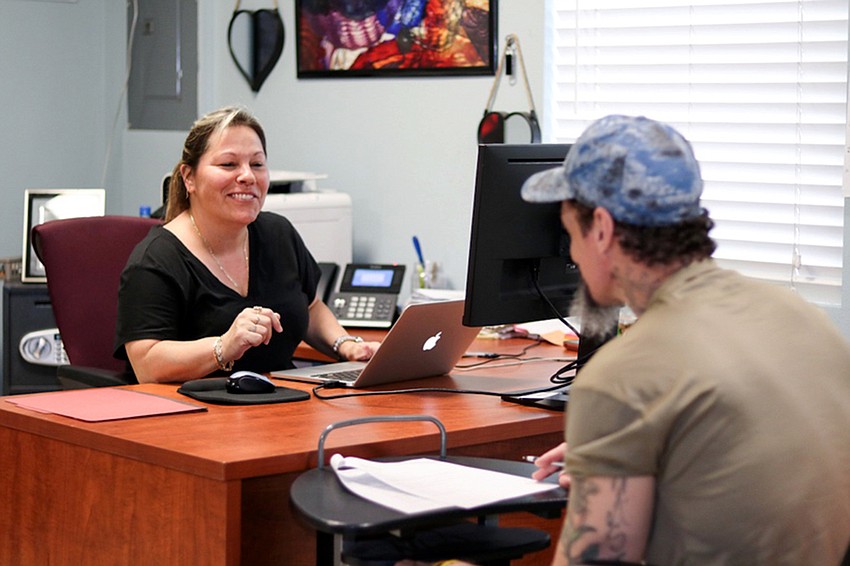
Founded: 1992
Mission: To democratize affordable housing, addiction recovery, workforce development and food security to improve economic status and stabilize lives.
How it accomplishes its mission: By having nine supportive housing campuses and 25 affordable rentals, encompassing more than 400 beds and serving more than 1,000 individuals annually.
Firsthand account: Arianna Adoptante, 28, started abusing substances when she was 18. Over time, Adoptante said her substance abuse caused a lot of issues with her family and led her to years of couch-hopping without a place to consider home.
In 2020, Adoptante became pregnant. She tried a few different rehab centers to get sober, she said, but none were all that effective. The restrictions they placed on her life caused even more pressure and didn’t help her.
Adoptante’s son, Asher, was born in August 2021, and Adoptante was still struggling.
Florida Department of Children and Families became involved, giving Adoptante an ultimatum to get the help she needed or be deemed unfit to be a mother.
That is when Adoptante decided to try Harvest House, a decision she is thrilled she made.
Adoptante is staying at one of Harvest House’s supportive housing campuses as part of the organization’s addiction services program, where she can stay for up to two years.
Adoptante said the program puts an emphasis on freedom: there are some necessary check-ins, she said, but she’s being allowed to live her life and grow as a person as a result.
“(Other places) don’t give you the ability to make your own choices,” Adoptante said. “It’s overwhelming. There’s a lot of structure and you’re always in meetings or in groups talking about how to get sober. At Harvest House, I actually get to put all those skills I spent learning into practice (on her own) to see how successful I could be. It has been great to have people supporting me while still feeling like I’m in control of my life.”
Adoptante has set a goal to have enough money at the end of her stay to afford an apartment for her and her son. For the first time in a while, she’s feeling hopeful about her future.
“I bet anyone who walks through these doors, they’re going to leave a different person,” Adoptante said.
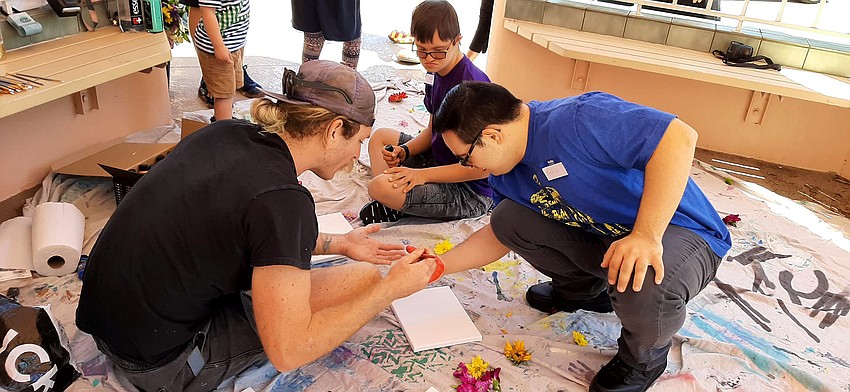
Founded: 2002
Mission: To provide families with a neutral and supportive forum for sharing and networking, and to promote understanding and acceptance of Down syndrome.
How it accomplishes its mission: Programs and social gatherings designed for everyone from “Baby Buds” (0-2 years old) to “Cool Buds” (adults), giving the opportunity to build meaningful friendships and support one another.
Firsthand experience: After Patricia Crauwels gave birth to her daughter, Rachel, she only heard the “no's.”
Rachel, now 22, was born with Down syndrome. Crauwels, 64, said the geneticists and other medical professionals she talked to focused heavily on things Rachel would never be able to do.
“I’ll never forget it,” Crauwels said. “It was all negative. It was mind-boggling, to be honest.”
What Crauwels wanted was a place her daughter would be given positive support and where Crauwels could work out her own feelings as she was unsure of what she should be doing.
When she found Manasota BUDS (Bringing Up Down Syndrome) it was a relief for her and for Rachel. While Rachel participated in things like BUDS’ musical therapy program, Crauwels talked with other parents about all the questions and concerns she had.
Crauwels said the group was an invaluable resource, especially for the first seven years of Rachel’s life, while Crauwels learned how to best care for her.
Today, Crauwels is on the organization’s board and is happy she can contribute to an organization that helped her throughout the years.
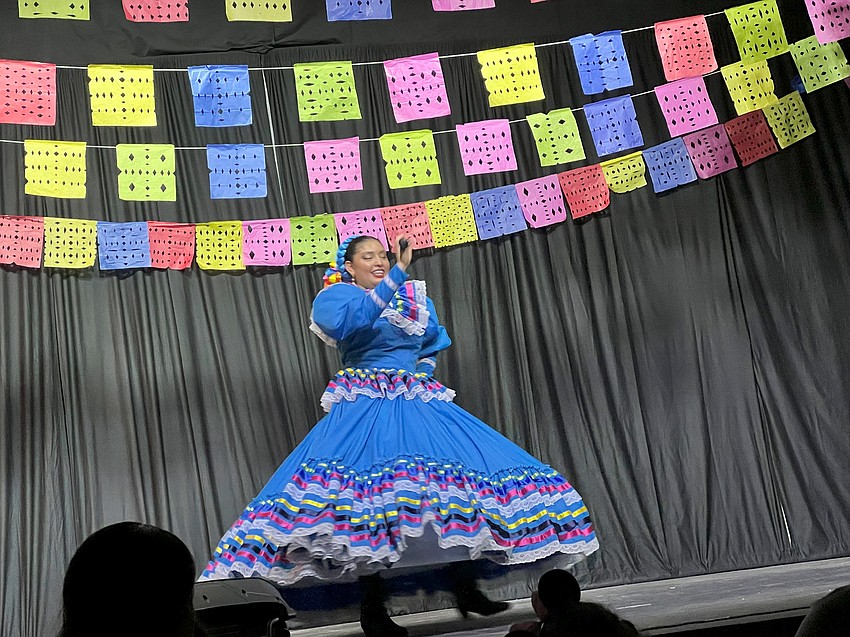
Founded: 2012
Mission: To be a creative and supportive hub for the Latino community in Sarasota and Manatee Counties
How it accomplishes its mission: By giving members of its community the opportunity to learn new skills, either on or off stage, and by offering learning opportunities like English classes.
Firsthand account: Norma Castillo, 46, moved to the United States from Mexico City 20 years ago. When she arrived, she did not speak English, barely knowing how to say hello. It made it difficult to interact with the majority of goods and service providers in the area, few of which offered Spanish-speaking services.
Over time, Castillo's English improved to the point that people could understand her, but she still did not feel confident in her abilities, Castillo said.
Even now, when talking about more complex subjects, Castillo prefers to speak Spanish or go through a translator.
But Castillo hopes that is beginning to change.
Castillo said she has been involved with CreArte Latino for about two years, ever since she dropped off her daughter, Carla, to participate in one of the organization’s children's theater workshops.
Castillo said her daughter had such a great time, the rest of her family has become involved, too. Castillo herself has started going to the organization’s Let’s Speak English classes in the hopes of becoming a more fluent and confident speaker.
Castillo said CreArte has enriched her life in other ways, too. She was never an actor before, nor did she dream of being one, but after seeing the plays the organization gave a spotlight — plays that focused on the culture of many Latino communities across the world — she was moved to give it a shot.
Castillo acted in a multilingual play called "Agridulce," which translates to bittersweet. The play focused on immigration, which Castillo said meant a lot to her given her own experiences.
“I felt many emotions,” Castillo said of the acting experience. “I was happy to represent my history in a play that told so many stories.”
Castillo said her involvement in CreArte has allowed her to feel more connected to Sarasota-Manatee as a whole — English and Spanish speakers alike — and is excited about what her new communication skills, and confidence, will take her.